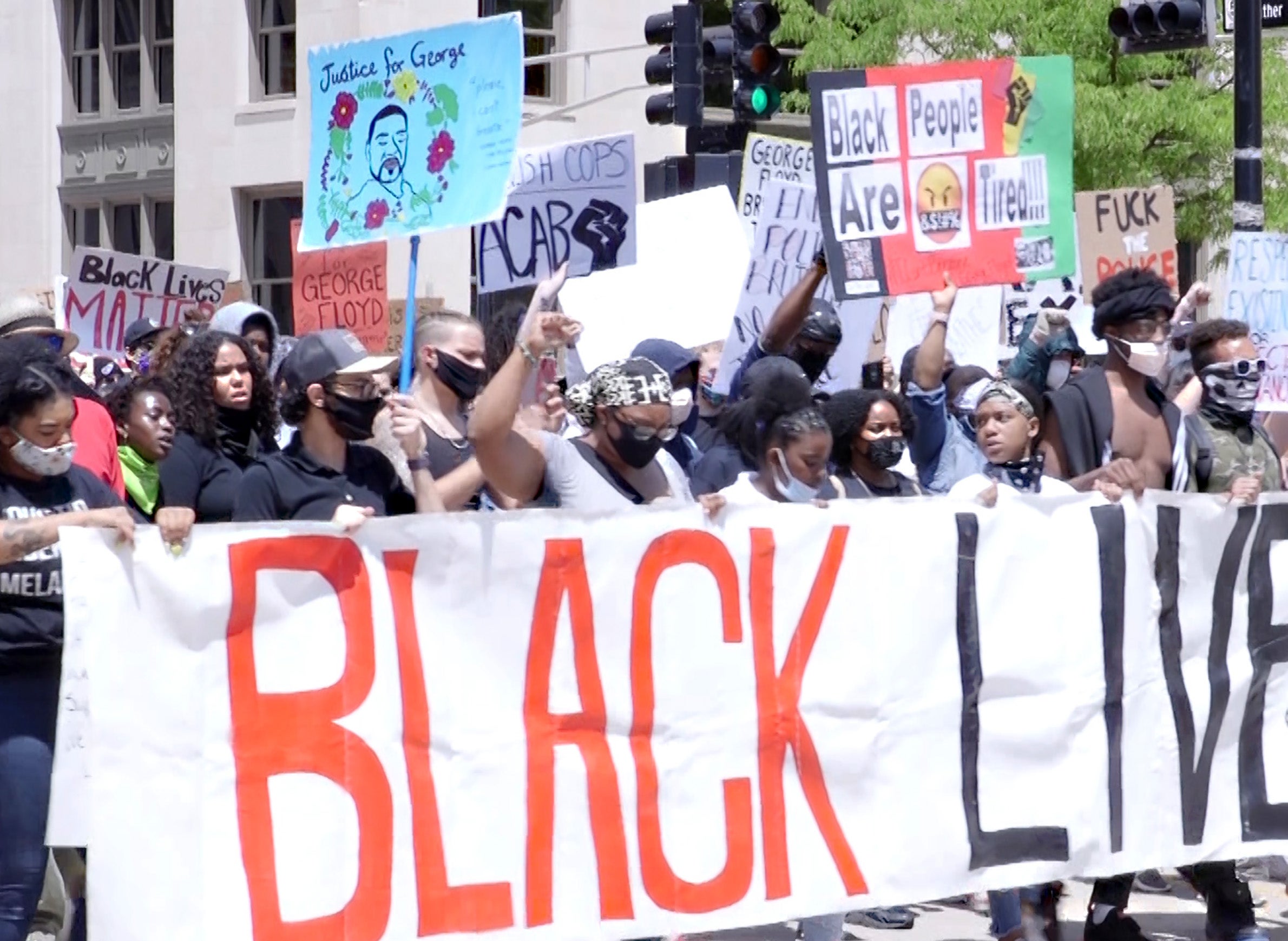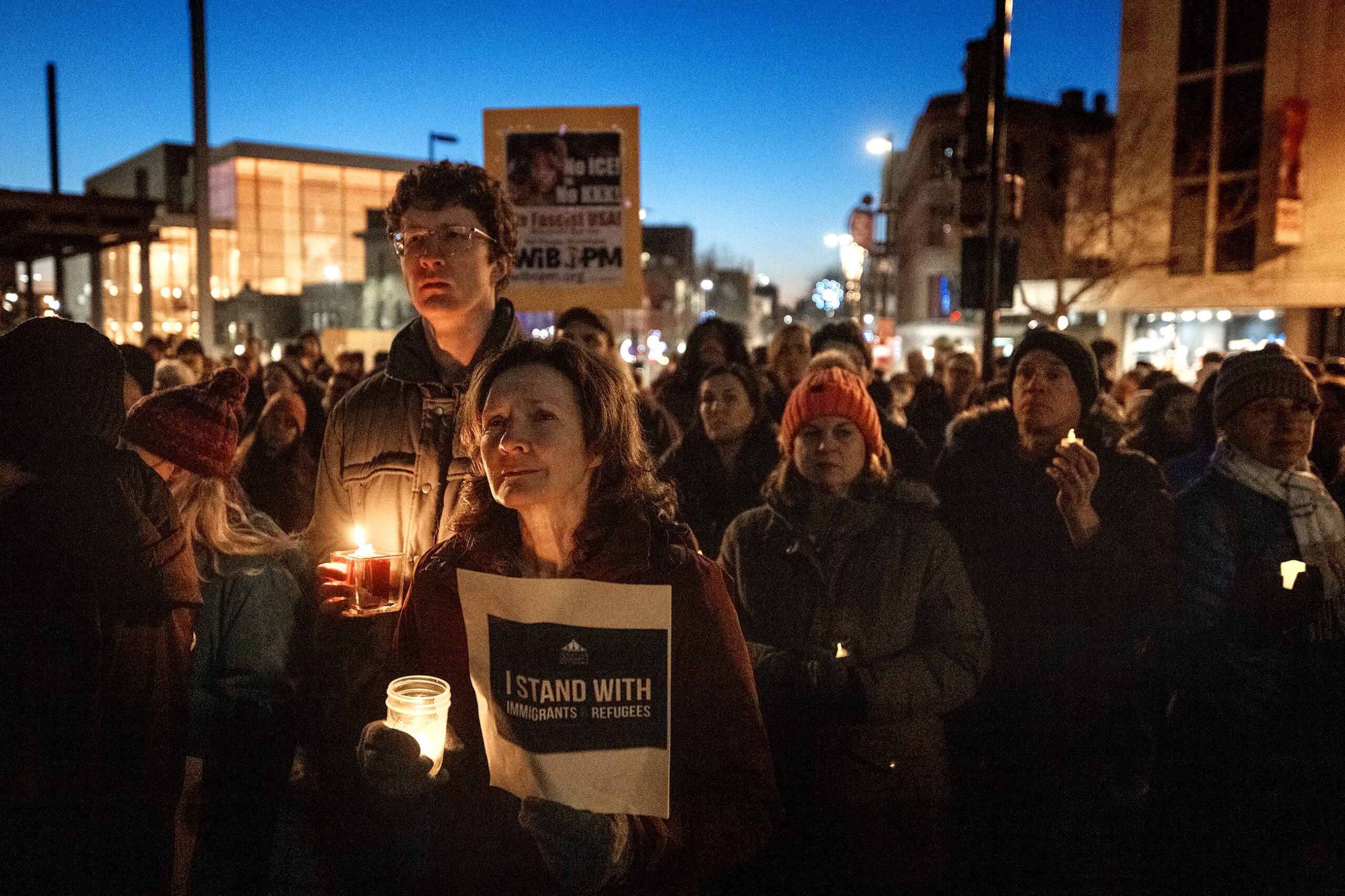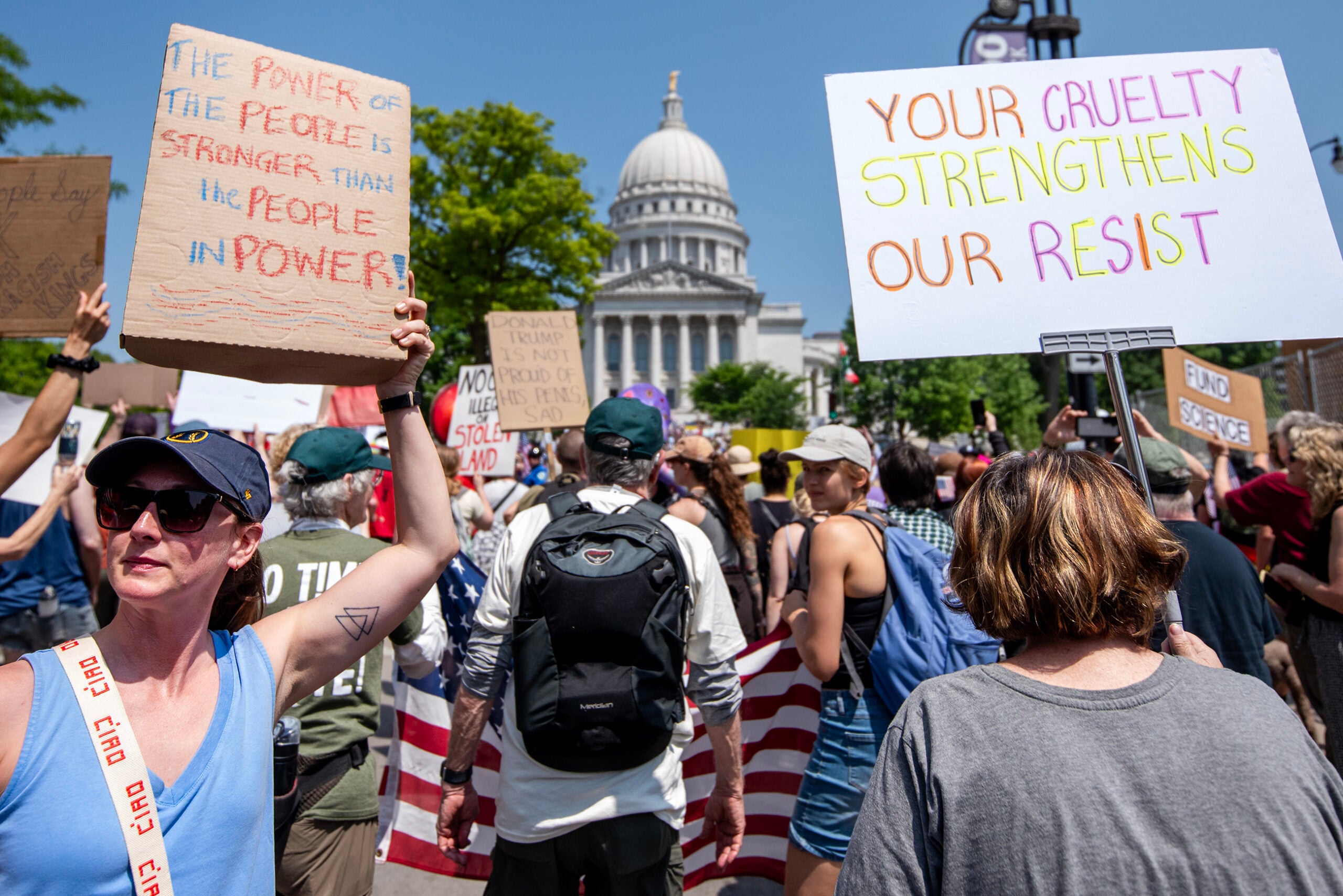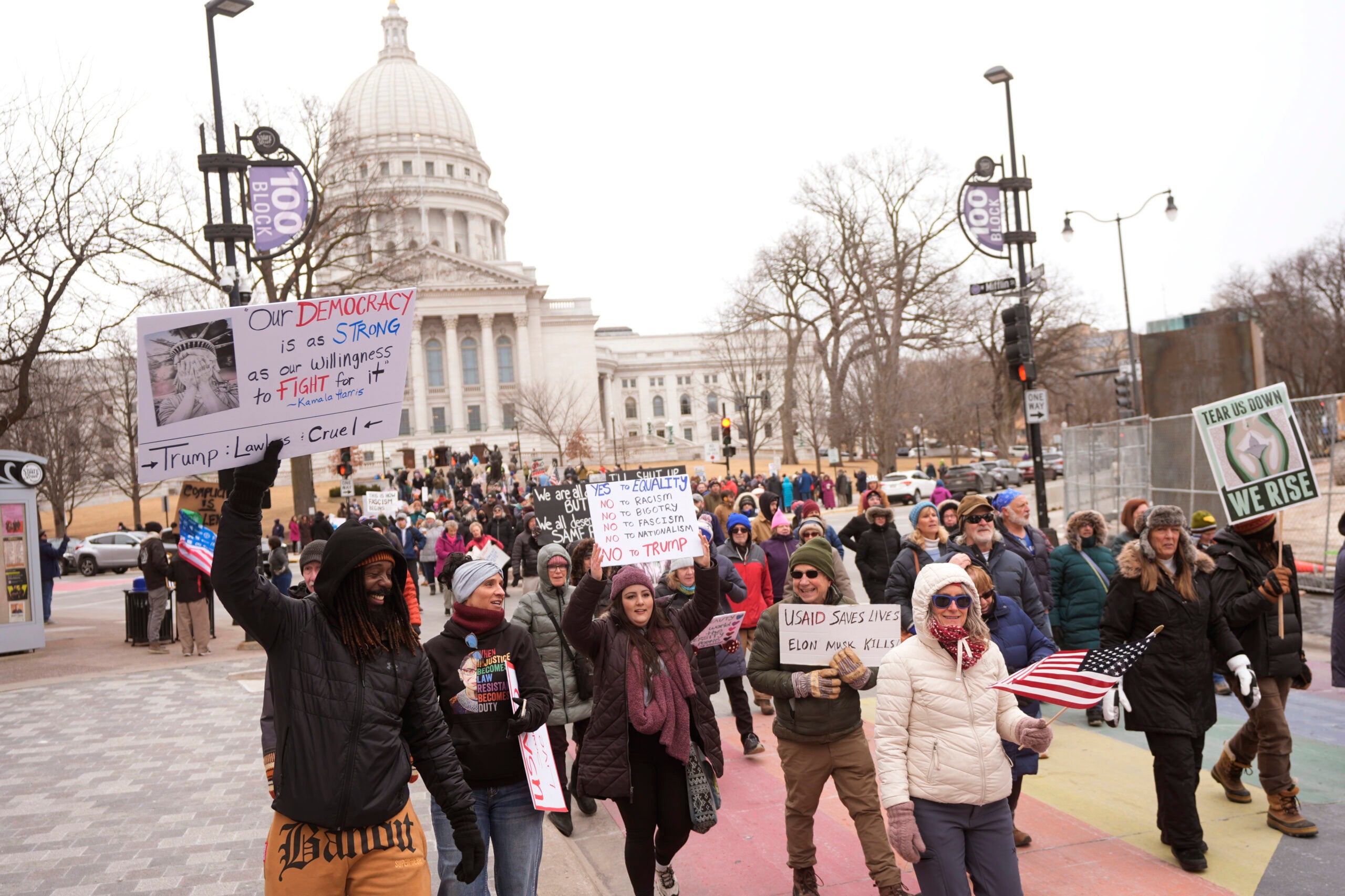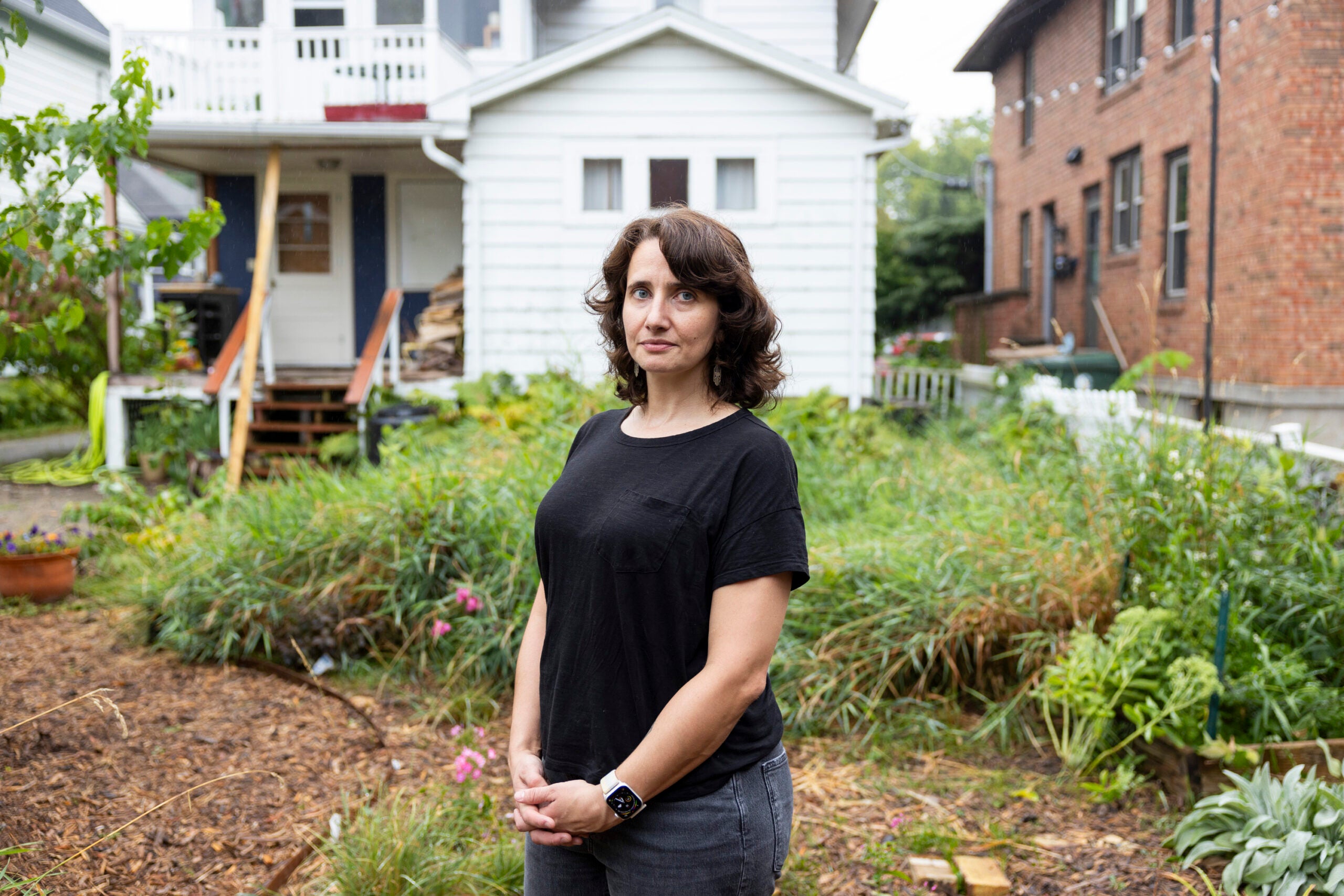More than two dozen Wisconsin communities have witnessed demonstrations demanding greater accountability for police over the week since Minneapolis police officers killed George Floyd on May 25. It was the latest in a long series of high-profile deaths of black Americans perpetrated by members of law enforcement, and sparked vigils, protests and riots across the United States.
In Wisconsin, peaceful protests in the state’s biggest cities continue to draw attention, as large groups of demonstrators have assembled in public spaces and voiced their anguish in Milwaukee, Madison, Green Bay, Racine and Waukesha. Meanwhile, a much smaller number of rioters have looted and destroyed property while clashing with police on multiple nights in Madison, Milwaukee, Green Bay and Racine, leading these and other communities to impose curfews.
News with a little more humanity
WPR’s “Wisconsin Today” newsletter keeps you connected to the state you love without feeling overwhelmed. No paywall. No agenda. No corporate filter.
But demonstrators demanding justice for Floyd and a new approach to policing have gathered across the state in many other communities, large and small. As of June 3, local media outlets reported protests and vigils in dozens of Wisconsin communities, including Appleton, Beloit, Brookfield, Burlington, Dodgeville, Eau Claire, Fond du Lac, Green Bay, Janesville, Kenosha, La Crosse, Madison, Manitowoc, Marinette, Menomonie, Milwaukee, Oshkosh, Prairie du Sac, Racine, Rhinelander, Sheboygan, Stevens Point, Sun Prairie, Superior, Tomah, Viroqua, Waukesha, Wausau, Wauwatosa, West Bend and Wisconsin Rapids.
Police accountability protesters have called for a broad set of changes at local and state levels, including firing racist police officers, demilitarizing law enforcement, shifting funding from police to public health and social services, and making greater investments in neighborhoods of color, among other demands.
More demonstrations are planned in communities around Wisconsin.
This article is updated with additional links to protests and vigils held in Wisconsin up through June 3, 2020.
This report was produced in a partnership between Wisconsin Public Radio, PBS Wisconsin and the University of Wisconsin Cooperative Extension. @ Copyright 2026, Board of Regents of the University of Wisconsin System and Wisconsin Educational Communications Board.
